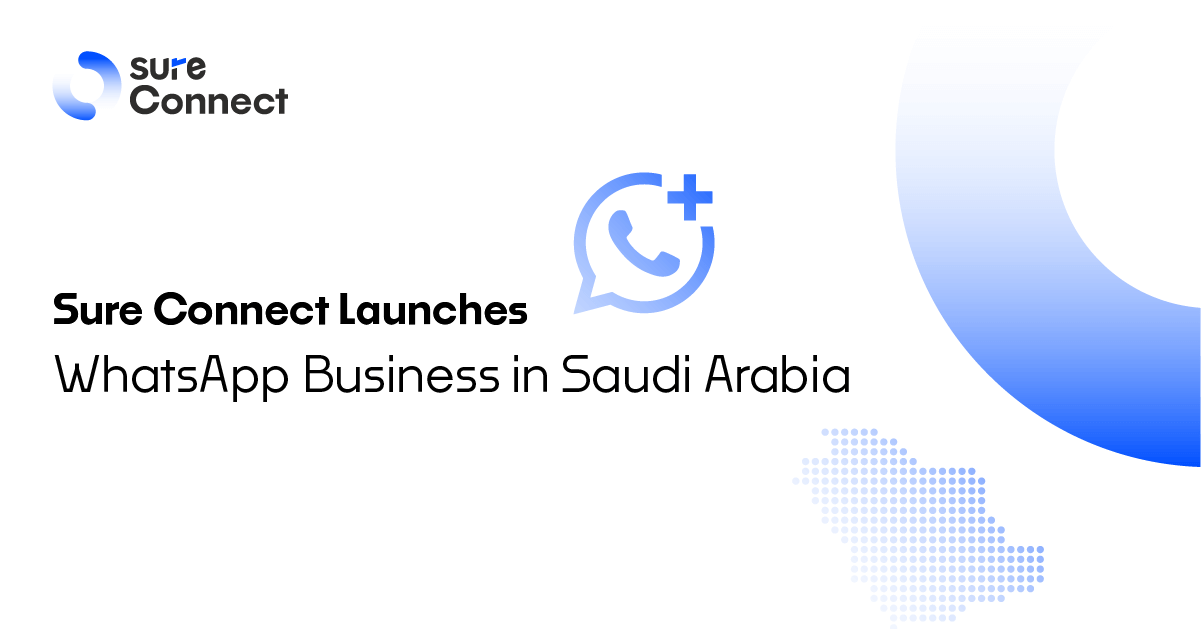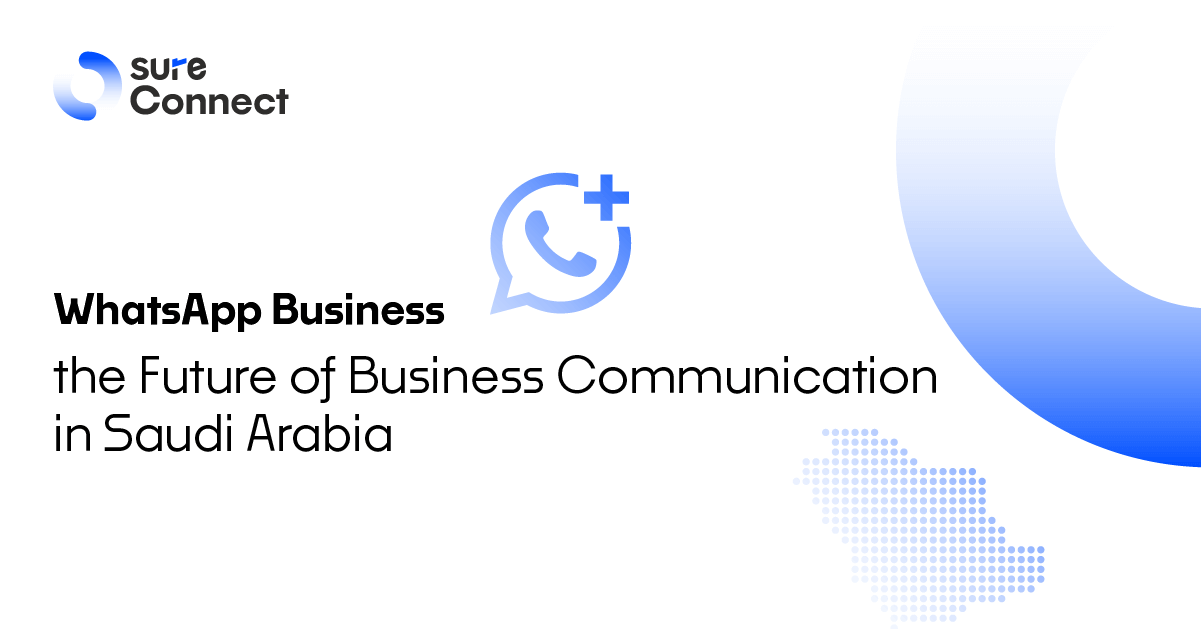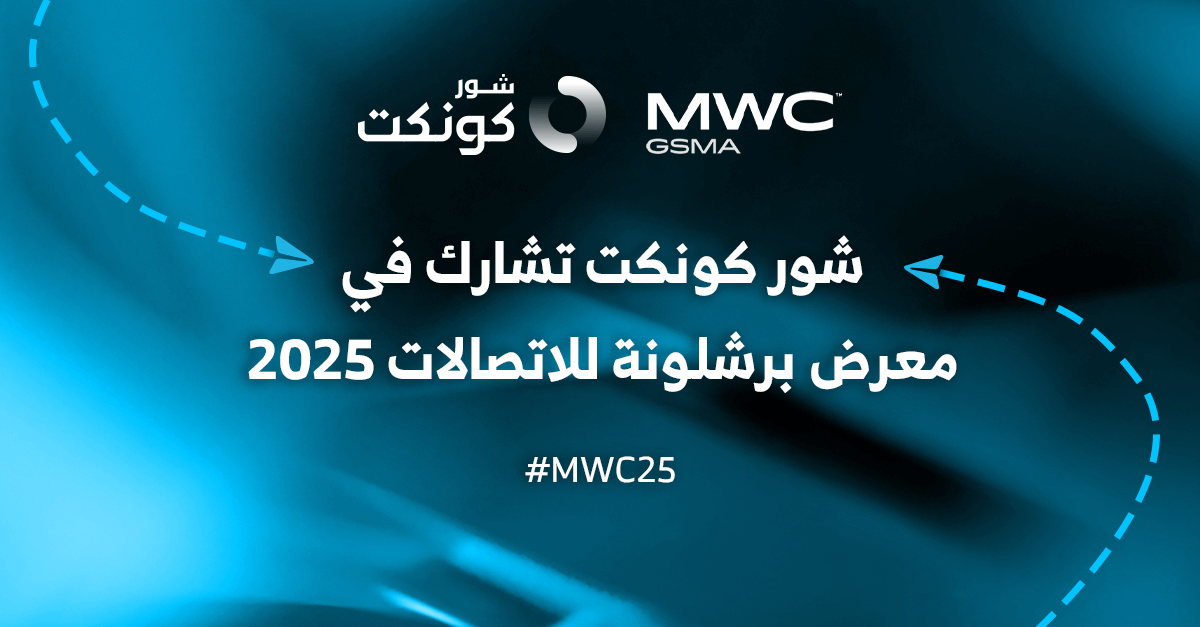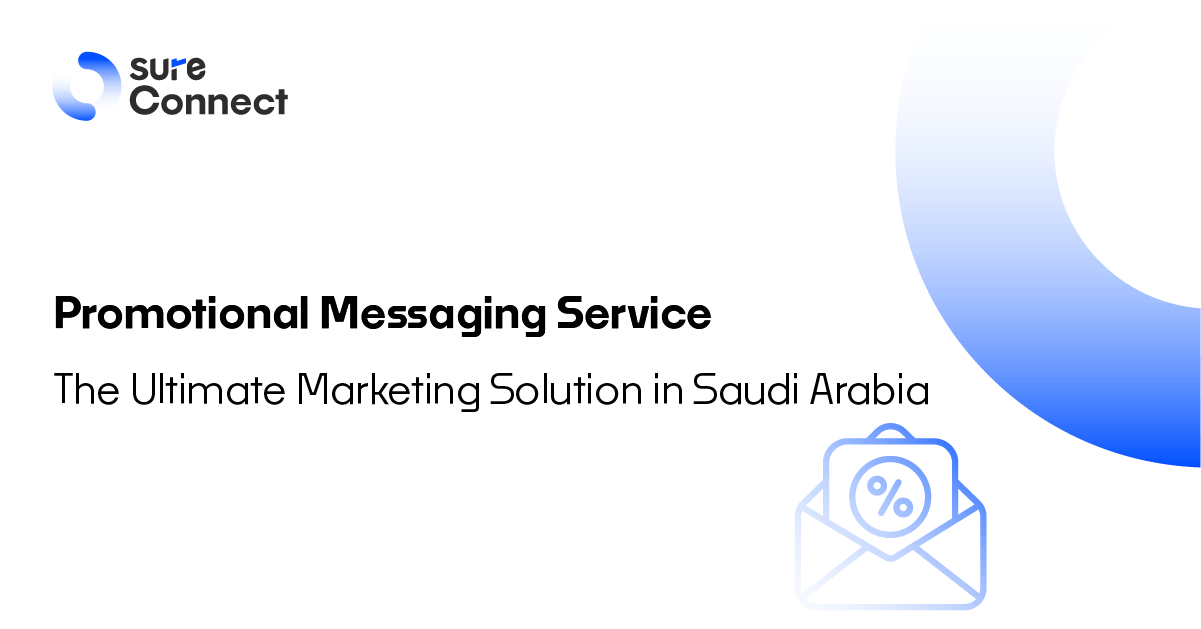What is an SMS marketing platform?
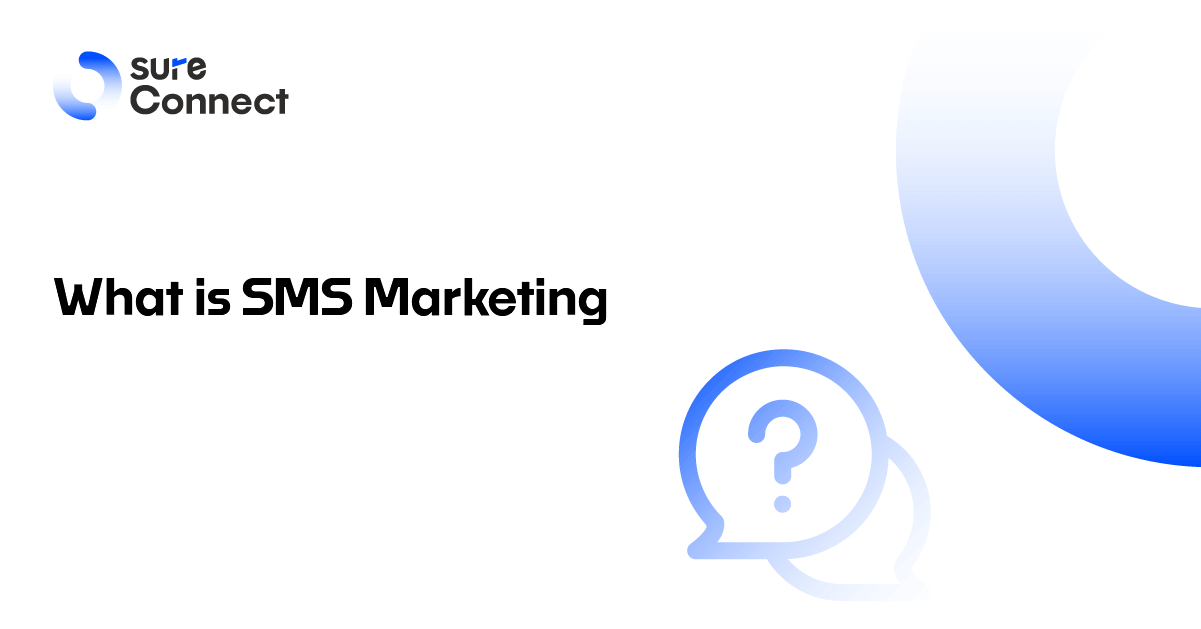
An SMS marketing platform is a digital tool or software designed to help businesses create, send, and manage text message marketing campaigns to engage with their audience. These platforms simplify the process of reaching a large group of customers through SMS (Short Message Service), which is a highly direct and personal communication channel.
Key Features of SMS Marketing Platforms:
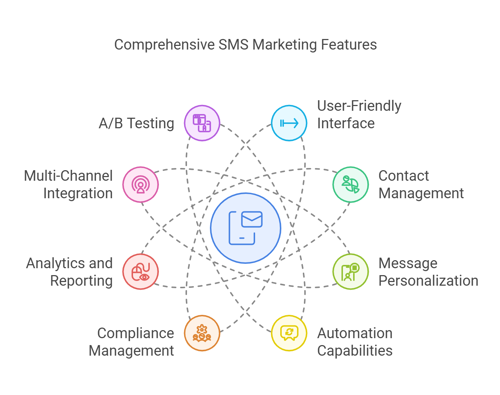
Bulk Messaging: Enables businesses to send messages to thousands of recipients simultaneously.
Contact Management: Provides tools to organize and segment contacts based on demographics, preferences, or past interactions.
Automation: Allows scheduling messages, setting up automated responses, and creating drip campaigns for customer engagement.
Templates: Offers pre-designed message templates for promotions, alerts, or updates.
Analytics and Reporting: Tracks metrics like delivery rates, open rates, and click-through rates to assess campaign performance.
Personalization: Customizes messages with recipient names, purchase history, or other data for a more tailored experience.
Compliance Tools: Ensures adherence to regulations such as GDPR, TCPA, or CAN-SPAM for customer privacy and consent.
Integration: Often integrates with other tools like CRM software, email marketing platforms, or e-commerce systems for unified campaigns.
Benefits of Using an SMS Marketing Platform:
High Open Rates: SMS messages are typically opened within minutes of receipt, making it a highly effective communication channel.
Direct Communication: Allows businesses to engage with customers on their most personal device—their phone.
Cost-Effectiveness: Sending bulk SMS is often more affordable than other marketing channels like paid ads.
Versatility: Can be used for various purposes, including promotions, appointment reminders, surveys, or customer support.
Immediate Reach: Delivers messages almost instantly, which is critical for time-sensitive offers or updates.
Examples of Uses in SMS Marketing:
Promotions and Discounts: Sending special offers to loyal customers.
Event Invitations: Notifying customers about upcoming events or product launches.
Customer Support: Providing quick responses to customer inquiries via SMS.
Feedback Requests: Asking customers for reviews or surveys after a purchase or service.
Alerts and Notifications: Sending shipping updates, payment confirmations, or appointment reminders.
Why Use SMS Marketing Platforms?
Businesses leverage SMS marketing platforms because they provide an efficient, scalable, and measurable way to stay connected with their audience while driving engagement, sales, and customer loyalty.
Which SMS marketing platform offers the best analytics features?
Sure Connect's SMS marketing platform offers a suite of advanced analytics features designed to enhance the effectiveness of your campaigns. Key analytics capabilities include:
-
Real-Time Tracking: Monitor delivery, open, and response rates as they occur, enabling prompt adjustments to your SMS marketing strategies.
Sure Connect -
Detailed Insights: Gain comprehensive data on each campaign's performance, assisting in refining approaches to maximize return on investment (ROI).
Sure Connect -
Customer Segmentation Analysis: Evaluate how different audience segments respond to messages, allowing for targeted and personalized communication.
-
Compliance Monitoring: Ensure adherence to industry regulations by tracking opt-out rates and managing subscriber preferences effectively.
These analytics tools empower businesses to make informed, data-driven decisions, optimizing SMS campaigns for better engagement and higher ROI.
Which SMS marketing platform offers the best AI-driven analytics?
AI-driven segmentation in SMS marketing offers numerous benefits that enhance the effectiveness of marketing campaigns and improve customer engagement. Here are some key advantages:
1. Enhanced Precision in Targeting
AI algorithms analyze vast amounts of data to identify patterns and trends, allowing businesses to segment their audience with exceptional accuracy. This enables the creation of micro-segments, ensuring that messages are tailored to specific groups based on shared characteristics or behaviors, which significantly increases relevance and engagement rates.
2. Personalization at Scale
With AI-driven segmentation, businesses can deliver hyper-personalized messages that resonate with individual customers. By leveraging data such as past purchases, browsing behavior, and demographic information, AI can craft messages that align closely with the interests and preferences of each recipient, fostering stronger connections and increasing customer loyalty.
3. Improved Engagement and Conversion Rates
Targeted messaging based on AI segmentation leads to higher response rates and improved conversion metrics. Companies using AI-driven strategies often see significant enhancements in key performance indicators like open rates and click-through rates, as messages are more relevant to the audience.
4. Dynamic Adaptation to Customer Behavior
AI continuously learns from customer interactions, allowing it to adapt messaging strategies over time. This means that as customer preferences change, the AI can modify its segmentation and messaging tactics accordingly, ensuring ongoing relevance and effectiveness in communication.
5. Efficiency in Campaign Management
AI automates the segmentation process, reducing the time and effort required for manual analysis. This efficiency allows marketing teams to focus on strategy and creative development rather than data processing, leading to more innovative campaigns.
6. Predictive Analytics for Future Campaigns
AI-driven segmentation not only analyzes past behaviors but also predicts future trends. By understanding potential customer actions based on historical data, businesses can proactively tailor their messaging strategies to capitalize on anticipated needs or interests.
Incorporating AI-driven segmentation into SMS marketing strategies empowers businesses to connect with their audiences more effectively through personalized, relevant messaging. This not only enhances customer satisfaction but also drives better campaign outcomes, making it a crucial tool in modern marketing efforts.
What are the main challenges of implementing AI-driven segmentation in SMS marketing?
Implementing AI-driven segmentation in SMS marketing presents several challenges that businesses must navigate to fully leverage the technology. Here are the main challenges:
1. Data Privacy Concerns
AI-driven segmentation relies heavily on customer data, raising significant privacy issues. Businesses must comply with regulations such as GDPR and CCPA, ensuring that they handle customer information responsibly and transparently. Failure to maintain data privacy can lead to legal repercussions and damage customer trust.
2. Data Quality and Availability
The effectiveness of AI algorithms depends on the quality and completeness of the data they process. Inconsistent or insufficient data can result in inaccurate segmentation, undermining the potential benefits of AI. Organizations need to establish robust data management practices to ensure high-quality inputs for their AI systems.
3. Balancing Personalization and Automation
While AI can automate segmentation and messaging, it risks losing the human touch that is essential for building customer relationships. Striking a balance between automated processes and personalized communication is crucial to avoid perceptions of impersonal marketing. Marketers should blend AI insights with human creativity to maintain authenticity in their messages.
4. Integration with Existing Systems
Integrating AI-driven segmentation into current marketing systems can be complex. Compatibility issues may arise, requiring careful planning and resource allocation to ensure seamless implementation without disrupting existing processes.
5. Over-Reliance on Technology
There is a risk of becoming overly dependent on AI tools, which may lead to neglecting human oversight in the decision-making process. While AI can provide valuable insights, human judgment remains essential for contextualizing these insights and making informed marketing decisions.
6. Keeping Up with Evolving Technology
The rapid pace of AI technology development poses a challenge for businesses, particularly smaller ones with limited resources. Staying updated on the latest advancements requires ongoing training and investment in research, which can be demanding for some organizations.
While AI-driven segmentation offers significant advantages for SMS marketing, these challenges necessitate careful consideration and strategic planning. By addressing these issues proactively, businesses can effectively implement AI technologies to enhance their marketing efforts while maintaining customer trust and engagement.
What strategies can balance personalization and automation in AI-driven SMS marketing?
To balance personalization and automation in AI-driven SMS marketing, businesses can adopt several effective strategies. These approaches ensure that while automation streamlines processes, the messages remain tailored and engaging for individual customers.
1. Hyper-Personalization
Utilize AI to analyze customer data, including purchase history, browsing behavior, and preferences, to create hyper-personalized messages. This level of personalization goes beyond just using the customer's name; it involves crafting messages that resonate with their unique interests and needs. For example, AI can generate dynamic product recommendations based on a customer's past interactions, significantly increasing engagement rates.
2. Automated Yet Contextual Messaging
Implement automated messaging systems that still consider the context of the customer’s journey. For instance, if a customer frequently purchases certain types of products, the system can automatically send targeted promotions or reminders related to those products. This ensures that while the messages are automated, they feel relevant and timely to the recipient.
3. AI-Driven Segmentation
Leverage AI to create detailed audience segments based on various criteria such as demographics, behaviors, and engagement history. This allows for more precise targeting in automated campaigns. For example, an e-commerce brand might segment customers who have shown interest in specific categories and send tailored offers that align with those interests. Continuous learning from customer interactions helps refine these segments over time.
4. Conversational AI
Incorporate AI chatbots for customer interactions via SMS. These chatbots can provide instant responses while maintaining a conversational tone that feels personal. By using natural language processing (NLP), chatbots can understand and respond to customer inquiries in a way that mimics human interaction, enhancing the overall experience without sacrificing automation.
5. Timing and Frequency Optimization
Use AI analytics to determine the best times to send messages based on individual customer behavior patterns. Automating message scheduling while considering optimal engagement times helps ensure that communications are received when customers are most likely to respond positively.
6. A/B Testing and Continuous Improvement
Regularly conduct A/B testing on different message formats, content styles, and sending times to identify what resonates best with various segments of your audience. AI can automate this testing process and help roll out the most effective versions based on performance metrics, allowing for ongoing optimization of campaigns.
7. Feedback Loops
Establish mechanisms for collecting customer feedback on SMS interactions. Use this data to refine both the personalization aspects and the automated responses. By understanding customer sentiments and preferences through feedback, businesses can adjust their strategies accordingly to enhance engagement further.
By integrating these strategies into their SMS marketing efforts, businesses can effectively balance automation with personalization. This approach not only improves operational efficiency but also fosters stronger relationships with customers through relevant and engaging communications.
What are the benefits of using natural language generation in SMS marketing?
Using Natural Language Generation (NLG) in SMS marketing offers several significant benefits that can enhance customer engagement and improve marketing effectiveness. Here are the key advantages:
1. Hyper-Personalization
NLG enables the creation of highly personalized messages tailored to individual customer profiles. By analyzing data such as past purchases, browsing behavior, and preferences, NLG can generate messages that resonate with each recipient's unique needs and interests. This level of personalization can significantly boost engagement and conversion rates, as customers feel that the communication is specifically crafted for them.
2. Increased Efficiency in Content Creation
NLG can automate the generation of SMS content, allowing businesses to produce a large volume of messages quickly and efficiently. This capability is particularly beneficial for campaigns that require real-time responses or frequent updates, as it reduces the time spent on manual content creation while maintaining high-quality output.
3. Consistent Messaging
With NLG, businesses can ensure consistency in their messaging across various campaigns and customer interactions. Automated systems can generate responses that adhere to brand guidelines and tone, reducing the risk of human error and ensuring that all communications reflect the brand's voice accurately.
4. Enhanced Customer Engagement
NLG facilitates more engaging interactions by enabling conversational and contextually relevant responses. For instance, AI-driven chatbots powered by NLG can handle customer inquiries in a natural, human-like manner, improving the overall user experience and fostering stronger relationships between brands and customers.
5. Real-Time Adaptation
NLG systems can quickly adapt to changing customer sentiments or behaviors by analyzing incoming messages and generating appropriate responses on-the-fly. This responsiveness allows businesses to address customer needs promptly, enhancing satisfaction and loyalty.
6. Data-Driven Insights
By leveraging NLG in SMS marketing, businesses can gain valuable insights into customer preferences and behaviors through the analysis of generated content and interactions. This data can inform future marketing strategies, helping brands refine their messaging and targeting efforts for better results.
7. Cost-Effectiveness
Automating content generation through NLG reduces the need for extensive human resources dedicated to message crafting. This efficiency not only saves time but also lowers operational costs, allowing businesses to allocate resources more effectively across their marketing efforts.
Incorporating Natural Language Generation into SMS marketing strategies provides businesses with powerful tools to enhance personalization, efficiency, engagement, and adaptability in their communications. By harnessing these benefits, companies can improve customer satisfaction and drive better marketing outcomes in a competitive landscape.
What are some successful case studies of NLP in SMS marketing?
Some successful case studies that demonstrate the effective use of Natural Language Processing (NLP) in SMS marketing:
1. Nordstrom
Nordstrom has integrated SMS marketing into its customer engagement strategy, allowing cardmembers to access account information and receive personalized style recommendations via text. By utilizing NLP to analyze customer preferences and behaviors, Nordstrom enhances its communication, making it more relevant and timely. This approach has led to improved customer relationships and higher engagement rates, as customers appreciate the tailored interactions that bridge their online and in-store experiences.
2. Savage x Fenty
Rihanna’s lingerie brand, Savage x Fenty, effectively employs SMS marketing to share exclusive offers and product alerts with subscribers. The brand uses NLP to analyze customer feedback and preferences, enabling it to send personalized messages that resonate with its audience. This strategy has contributed to an impressive annual revenue growth rate of 150%, showcasing how NLP-driven insights can drive significant business results in marketing campaigns.
3. Seattle Sun Tan
Seattle Sun Tan implemented an SMS marketing campaign that incentivized opt-ins by offering a $20 coupon for new subscribers. By analyzing customer responses through NLP techniques, they were able to tailor follow-up messages and promotions effectively. The campaign resulted in a rapid growth of their SMS subscriber list and a remarkable 57% redemption rate for the coupon, demonstrating how NLP can enhance the effectiveness of promotional strategies.
4. Pizza Hut
Pizza Hut launched a viral SMS campaign offering free pizzas through a simple text prompt. By using NLP to streamline customer interactions and gather data on consumer preferences, the campaign generated over 160,000 opt-ins within hours. The ability to analyze responses allowed Pizza Hut to refine its messaging strategy dynamically, leading to increased customer engagement and satisfaction.
5. Wayfair
Wayfair utilizes SMS marketing to inform customers about restocked items and delivery updates. By employing NLP algorithms to analyze customer inquiries and feedback, Wayfair can send personalized alerts that enhance the shopping experience. This targeted approach ensures that customers receive timely information about products they are interested in, leading to higher conversion rates.
These case studies illustrate how leveraging NLP in SMS marketing can lead to more personalized interactions, increased engagement, and improved business outcomes. By utilizing data-driven insights from customer interactions, brands can refine their messaging strategies and create more effective marketing campaigns that resonate with their audiences.
Other Categories
Recent Blogs :
